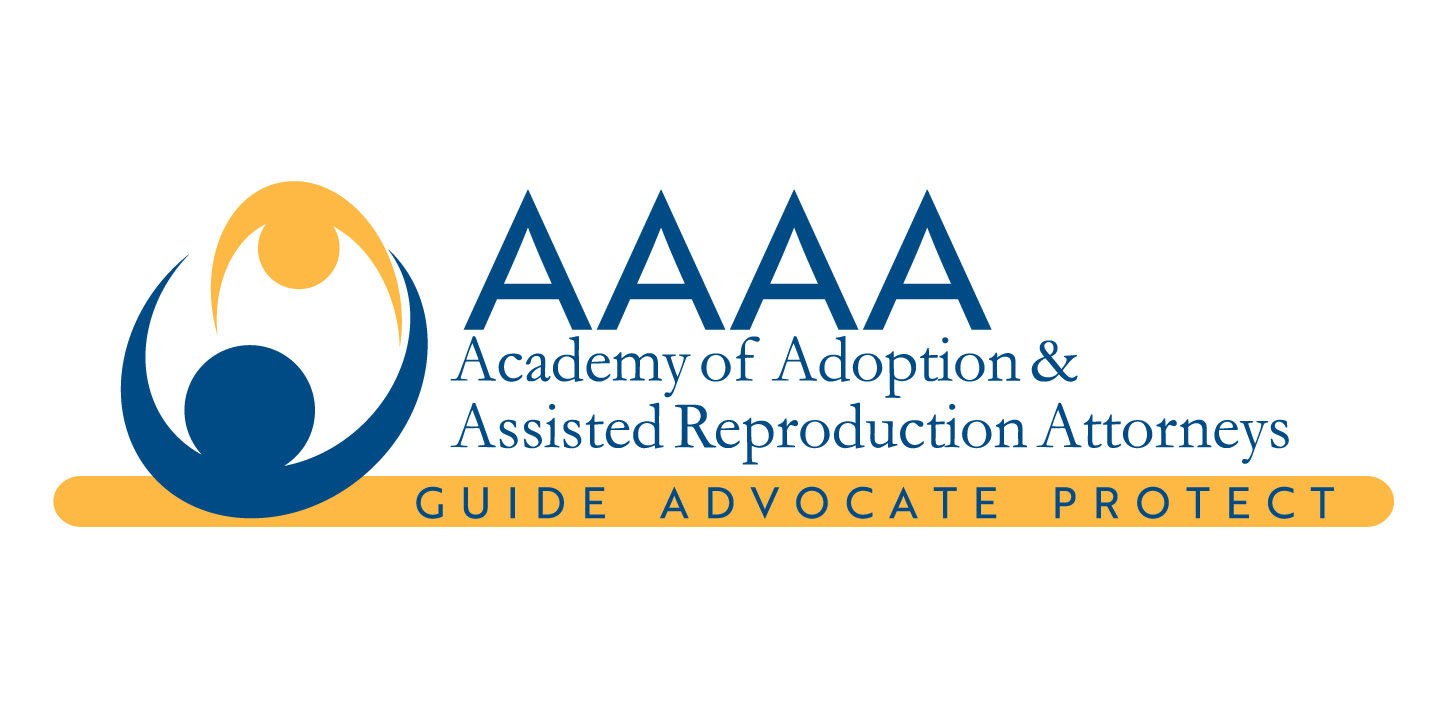Maryland Attorneys Advise on Assisted Reproduction Arrangements
Glen Burnie firm serves clients statewide who are trying to have a child
Modern science has produced wonderful advancements to help individuals and couples experiencing fertility problems. However, as you consider the use of Assisted Reproductive Technology (ART), you should not overlook the possible legal pitfalls. At Forman Clothier Law Group, LLC in Glen Burnie, we are accomplished Maryland family lawyers who deliver sound counsel on a range of ART-related matters.
What is assisted reproductive technology?
Assisted Reproductive Technology covers various treatments for clients who are experiencing fertility problems. Two primary ART methods are:
- In vitro fertilization (IVF) — Usually, standard in vitro fertilization is the first step of the ART process. Here, doctors collect eggs from a woman, let them mature and then introduce tens of thousands of sperm into a petri dish so that fertilization can take place. From there, the fertilized eggs are implanted into the woman.
- Intracytoplasmic Sperm Injection (ICSI) — Should IVF fail to work, Intracytoplasmic Sperm Injection becomes a viable option, particularly if the problems conceiving are related to male infertility. ICSI only involves one sperm, which is directly injected into a single egg using a microneedle.
We assist with third-party reproduction efforts when a couple requires someone else to assist with conception or gestation. This includes the preparation of pre-birth and post-birth orders that clearly state how legal parentage will be determined. There is no comprehensive law that governs assisted reproduction in Maryland, so our firm is here to simplify the relevant legal standards and help you avoid unnecessary problems.
Potential legal issues associated with fertility treatments
Various potential legal concerns are linked to ART, such as:
- Parenting rights involving unmarried and same–sex parents — Frequently, unmarried individuals and same-sex couples turn to ART to have children. In these instances, it is critical to draw up clear, enforceable terms addressing the rights of those who provided the genetic material to conceive a child as well as any relationship partners who intend to take on parental responsibilities. Failure to do so makes it more likely that costly custody and visitation disputes will arise if the couple separates.
- Possession and ownership of unused eggs, sperm and embryos — Many couples are compelled to plan for a potential assisted birth long before they are ready to become parents. When these relationships end, there could be a conflict as to who is entitled to unused sperm, eggs and embryos.
- Breach of contract claims — A surrogacy contract should be drawn up very carefully, and both parties are well advised to conduct some due diligence to guard against a potential breach related to compensation, parenting rights or other matters.
Whether you’re considering the ART process or are engaged in a disagreement over an existing arrangement, our firm offers comprehensive legal support, including the preparation of birth orders and representation during contract negotiations and litigation.
Firm represents clients in gestational and traditional surrogacy matters
There are two types of surrogacy arrangements, and the option you choose affects how legal parenting rights are established. In traditional surrogacy, the surrogate’s egg is artificially inseminated with sperm from a man. This means that the surrogate will have a biological tie to the child that is conceived. Gestational surrogacy is a procedure in which an embryo is implanted in the surrogate’s body, meaning that she is not linked genetically to the child she will carry.
Maryland does permit gestational and traditional surrogacy, though the support for that lies in a decision of the state’s Court of Appeals. There are no statutes that address the subject specifically, so it is critical to work with an experienced attorney who can explain the legal process to you and guide you through the necessary steps. Compensation for a surrogate is allowed.
Contact a Maryland attorney for a free consultation about an ART-related legal issue
Forman Clothier Law Group, LLC in Glen Burnie advises clients throughout Maryland on legal issues related to assisted reproductive technology and childbirth surrogacy. Please call 410-324-3140 or contact us online to schedule a free consultation.







